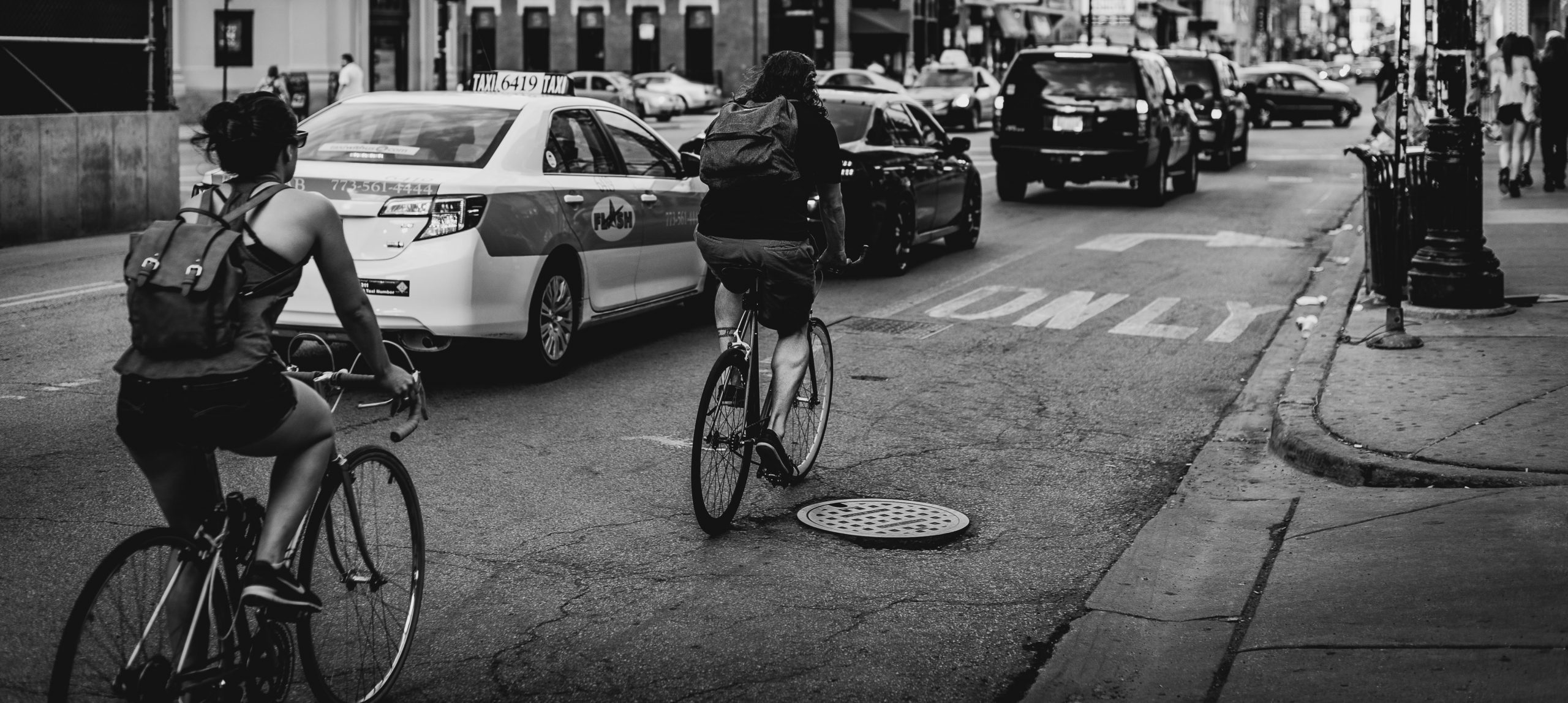In an era where the necessity for sustainable practices is universally recognized, we find a significant upswing in the number of people who are opting for bicycles, scooters, skateboards, and even simply walking, as their primary mode of transportation. This rise in the usage of non-motorized transport, coupled with the increasing cases of road accidents, accentuates the dire need for comprehensive policies like Vulnerable Road User (VRU) laws.
What Are VRU Laws?
Before diving into why a state should pass VRU laws, it’s essential to understand what these laws are. In essence, Vulnerable Road User laws establish a legal protection framework for those who are most exposed to injuries on the road. This category includes bicyclists, pedestrians, motorcyclists, scooterists, wheelchair users, and even individuals such as police officers or construction workers who are often roadside.
These laws mandate a higher level of care by motorists towards these VRUs, with increased penalties for infractions resulting in injury or death to a VRU. The overarching aim of these laws is to highlight that every road user has a right to safety.
The Case for VRU Laws
There are several compelling reasons why a state should pass VRU laws.
Safety for All
First and foremost, the introduction of VRU laws is a potent means of enhancing safety for all road users. While motorized vehicles offer a certain level of protection in case of a collision, individuals using non-motorized means of transport are not afforded the same luxury. This disparity necessitates legal frameworks that protect these individuals.
Encouraging Sustainable Practices
In the fight against climate change, reducing motor vehicle usage is a key strategy. By establishing safer roads for VRUs, states can encourage more individuals to use environmentally friendly means of transportation. It is vital to note that safety concerns are a significant deterrent for many people who would otherwise choose to walk, cycle, or use electric scooters.
Economic Impact
Fewer motor vehicles mean less wear and tear on the state’s infrastructure. This, in turn, leads to decreased maintenance costs, saving taxpayer money. Additionally, the increase in physical activity that results from more people walking and cycling can potentially reduce healthcare costs by improving overall public health.
Social Equity
Transportation is a social equity issue. Many individuals either can’t afford motor vehicles or choose not to own them. By protecting VRUs, we ensure equal access to safe transportation for all members of society, irrespective of economic status.
The Way Forward
Passing a VRU law is not just about imposing stricter penalties on motorists. It’s about shifting our mindset and acknowledging that all road users have a right to safety. It is about fostering a culture of mutual respect and care on our roads.
In conclusion, the adoption of VRU laws is a significant step towards a more equitable, sustainable, and safe future. Therefore, it is imperative for every state to give serious consideration to passing such laws. The lives of our most vulnerable road users depend on it.
